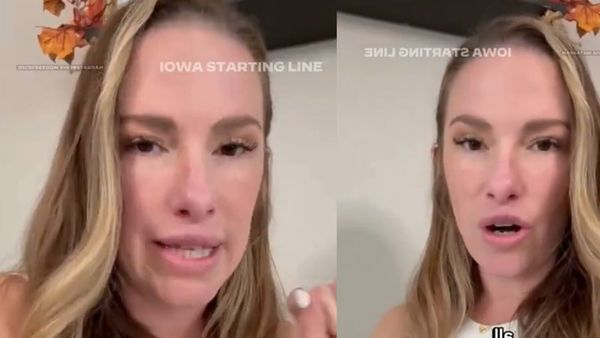
Concern over healthcare bills is the primary financial issue for many U.S. voters heading to the polls this November — regardless of partisanship, according to a new study from the nonprofit KFF.
The KFF Health Tracking Poll, which surveyed 1,309 U.S. adults from January 30 to February 7, found that nearly three-fourths of respondents are worried, in particular, over unexpected medical bills (74% of those surveyed) and healthcare service costs (73%). This is more than those who said they are concerned over everyday costs such as gas, utility, food or housing prices, the study shows.
The cost of prescription drugs and monthly health insurance premiums were also big worries for 55% and 48% of respondents, respectively.
Nearly half (48%) of respondents indicated that healthcare costs are "a major reason for their negative views of the economy," the study shows. Overall, two thirds (67%) of voters view the economy negatively, with Republican voters more than twice as likely as Democratic voters to hold such negative views.
The numbers vary slightly between people who are and are not easily able to afford their bills this month, the study shows, but the number remains staggering across the board.
The study comes as the election year kicks off with the race for president looking like a rematch between President Joe Biden and former President Donald Trump.
Obamacare remains popular
The study also found that now, several years after the Trump administration attempted to repeal the Affordable Care Act (ACA) — also known as Obamacare — the law remains popular. Half of Americans, including almost a quarter of Republicans (23%) would like to see ACA expanded under the next president's term.
Another 16% would like the ACA to remain as it is, while about 14% are for scaling back the law and 18% would like to see it repealed, the study shows.
"While President Trump has talked about wanting to replace the ACA during his campaign, just 1 in 6 voters (16%) say that he has a plan to do so," according to the study. "Even among Republican voters, just 3 in 10 say that President Trump has a plan to replace the ACA."
Most respondents (67%), including most Republicans (54%), said it is "very important" to keep the law's provision that prohibits insurers from denying coverage for pre-existing conditions.
However, only 39% were aware that that provision is part of the law. In fact, despite that ACA enrollment hit a record high this year with 21.3 million people signing up for a marketplace, its impact is still not well-known by the public, the study shows.
Other healthcare studies
The KFF study follows a survey late last year by The Commonwealth Fund (CWF) showing that high healthcare costs can cause even the insured to skip care.
The CWF's Controlling Health Care Costs website provides a range of articles and information on healthcare and medical debt issues. These include a policy primer on Medicare Advantage private health insurance plans that explains the ins and outs of signing up for these plans including details on how they differ from traditional Medicare.
RELATED CONTENT
- Everything You Need to Know About The Healthcare Tax Credit
- Looking Ahead: Congressional Spending Fights and 2024 House Elections: Kiplinger Economic Forecasts
- The 2024 Race for President Looks Like a Rematch: The Kiplinger Letter
- Biden Has One Last Obamacare Policy To Roll Out: The Kiplinger Letter







